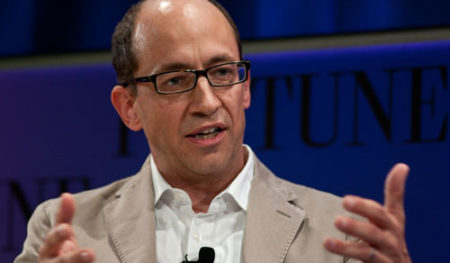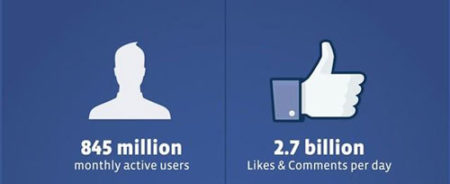For years, Google and Facebook have been waging trench warfare for big-brand advertising budgets. Billions of dollars are up for grabs, and since this money constitutes the bulk of revenue for both companies, the stakes are high. Twitter, which last week launched a self-service ad platform, is a relative
Browsing: Facebook
Last week, Facebook took the first step to becoming a public company by filing its S-1 documents with the US Securities and Exchange Commission. Enormous figures are being bandied about but, as with Google, which listed the year Facebook was founded, the question investors
Mark Zuckerberg, Facebook’s founder and chief executive, has talked for years about the notion of a “social graph” which connects people to their friends and all of the things they are interested in. By encouraging hundreds of millions of people to share their deeds and reveal their
One of the biggest risks Facebook listed in Wednesday’s high-profile filing with the US Securities and Exchange Commission was “mobile .” The company hasn’t quite figured out what to do with advertising on phones, so it could struggle to bring in the bank as more users choose phones
It all began as a lark. Mark Zuckerberg posted pictures of his fellow Harvard students online to let viewers comment on who was hot and who was not. Eight years later, Facebook is one of the hottest companies in the world. On 1 February the social network
Just over a year ago I asked whether Facebook was really worth US$50bn. On Thursday I got my answer: no, it’s worth more like $100bn. After years of flirting with the market, Facebook has finally opened its kimono and started the process of offering its shares for public trading. On 1 February
Mark Zuckerberg controls a majority of Facebook’s voting rights, and will continue to enjoy that control after it goes public, according to an unusual arrangement he struck with some key investors and colleagues among Facebook’s shareholders. A string of voting arrangements outlined
Facebook filed for an initial public offering on Wednesdsay and included an updated report on the giant social network’s user and usage data. The company’s total number of active monthly users, which it defines as registered Facebook users who have logged in and visited the
Facebook has filed its S-1 form with the US Securities and Exchange Commission (SEC), announcing its intention to go public. The stock ticker symbol will be FB. No starting price has yet been named, but Facebook did say in the filing it expects to raise
Facebook’s core values include a powerful, results-orientated, anti-theoretical philosophy called the “Hacker Way”, according to founder Mark Zuckerberg. “The Hacker Way is an approach to building that involves continuous improvement and iteration,” Zuckerberg writes











